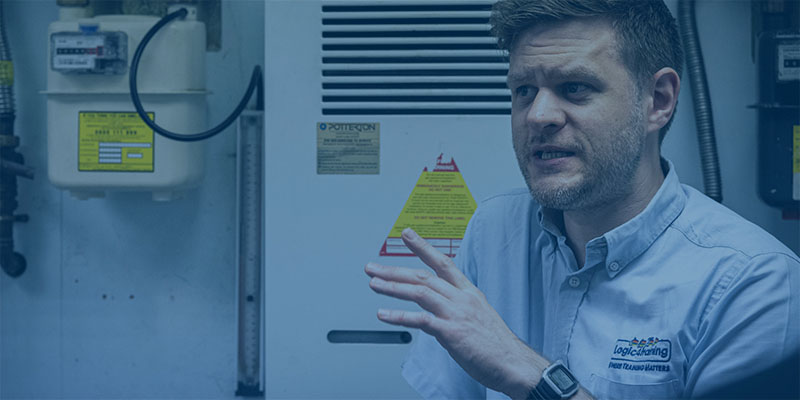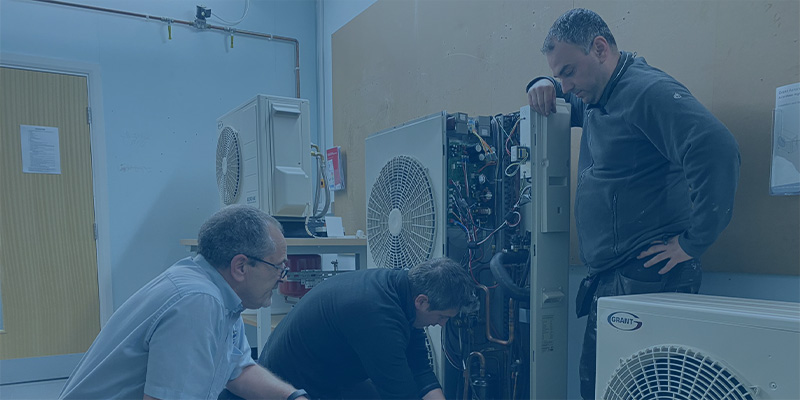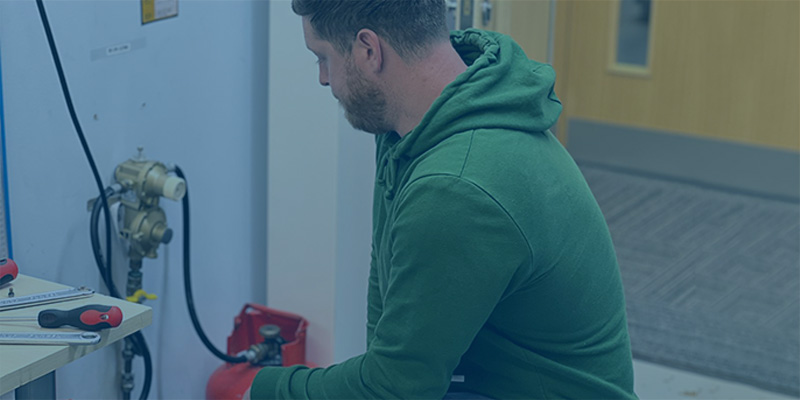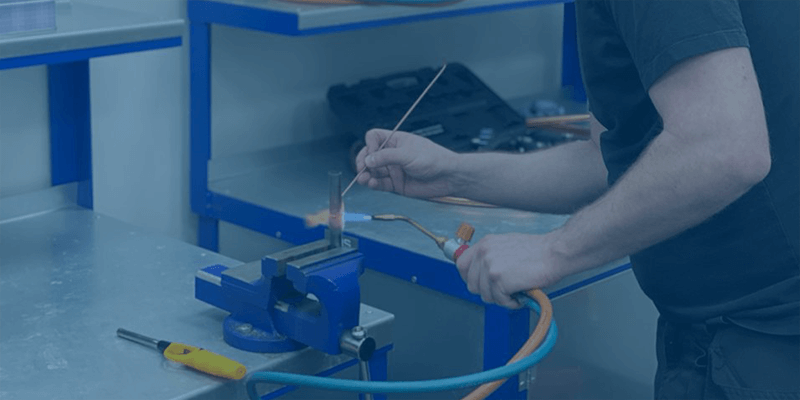
Gas Safety CCN1 Training Course And Appliances (Re‑assessment)
Representative example at 12 Months Interest Free Credit at 0% APR
£965
£96.5
£72.38
0%
Purchase price
Deposit
12 Monthly payment
Interest rate
Logic4training’s CCN1 re-assessment course is for experienced gas installers that need to keep their ACS qualifications up to date. CCN1 re-assessment and associated appliances is required every five years to maintain Gas Safe Registration.
This package includes central heating and hot water boilers (CENWAT), cookers (CKR1) and space heaters/fires (HTR1).
CCN1 Re-assessment Course Details
Membership of the Gas Safe register is a legal requirement for any installer wishing to carry out gas work in the United Kingdom, Isle of Man and Guernsey.
To register as a domestic gas installer, you must hold Core Domestic Gas Safety (CCN1) plus certification for the appliances you intend to work on. ACS qualifications must be renewed every 5 years.
This package includes training and re-assessment covering core domestic gas safety plus central heating and hot water boilers, cookers and space heaters (including gas fires and wall heaters).
Core Domestic Gas Safety CCN1 re-assessment training covers:
- Combustion, relevant pressures and gas rates
- Gas pipe work
- Tightness testing and purging, including low and medium pressure
- Chimney systems recognition and testing
- Ventilation
- Gas controls
- Flue gas analysis
Gas appliance re-assessment training covers:
- Installation defects
- Basic gas safety fault finding
CCN1 re-assessment takes the form of practical tests and multiple choice question papers.
On successful completion of the course, candidates will be issued with the LCL Awards certificate in Core Domestic Gas Safety (CCN1) and the appliances they have undertaken.
To take a CCN1 re-assessment, you must hold an existing CCN1 qualification that has expired no more than 12 months ago or is due to expire within the next 6 months.
This course is for gas installers who need to renew their domestic ACS qualifications.
Re-assessment can be completed up to 6 months before existing qualifications expire and no more than 12 months after expiry.
If your existing qualifications have expired more than 12 months, you will need to undertake Domestic Gas Safety (CCN1) training and initial assessment course.
Candidates who have never held CCN1 but have transferable skills and experience may be eligible for our Domestic Gas Heating Installer – Experienced Trades MLP package.
Installers may only undertake gas appliance re-assessment in modules which they have previously been certificated under the ACS scheme.
Weekend course dates are available for this course. Hit the red get in touch button to call us and ask us about availability.
Pre-course reading material is strongly recommended prior to attending this gas safety course.
We also include ClubLogic modules in this course.
The LCL Awards Domestic Gas Safety Training Manual can be purchased via our Logic4trade online shop. Click here for more information.
Are you looking for GSR pads, stickers and labels? Get them here.
FAQs
You will need to bring:
- Proof of previous qualifications (for reassessment)
- Valid UK driving licence or passport (ID)
- Two passport-sized photographs for certification and registration records.
The assessment consists of both written (multiple-choice questions) and practical tests. Candidates must demonstrate their understanding of gas safety procedures, regulations, and hands-on skills in real-world scenarios. The assessment is designed to ensure operatives can safely and competently work with domestic gas systems and appliances.
The CCN1 qualification is valid for five years. Re-assessment should be undertaken within six months before the expiry date to ensure continuous certification and compliance with Gas Safe Register requirements.
Courses typically run during standard working hours, but we also offer weekend dates for the CCN1 reassessment to accommodate busy professionals. Contact the team to discuss availability and book a slot that suits your schedule.
If an engineer’s ACS or CCN1 qualification expires, they are no longer legally allowed to carry out gas work. Their Gas Safe registration will also lapse, and the company must remove them from the register until they successfully complete reassessment. Continuing to work without a valid certification can result in prosecution and removal from the Gas Safe Register.
If engineers do not complete the reassessment within the required timeframe, they cannot legally work on gas. The company risks losing its Gas Safe registration for those engineers and could face fines or prosecution for non-compliance. It is essential for companies to track expiry dates and ensure timely reassessment for all engineers.
Regular reassessment ensures engineers are up to date with the latest safety regulations, technology, and best practices. This not only maintains legal compliance but also demonstrates the company’s commitment to safety and professionalism, enhancing its reputation with clients and regulatory bodies.

The Easier Way To Run Your
Heating & Plumbing Company




